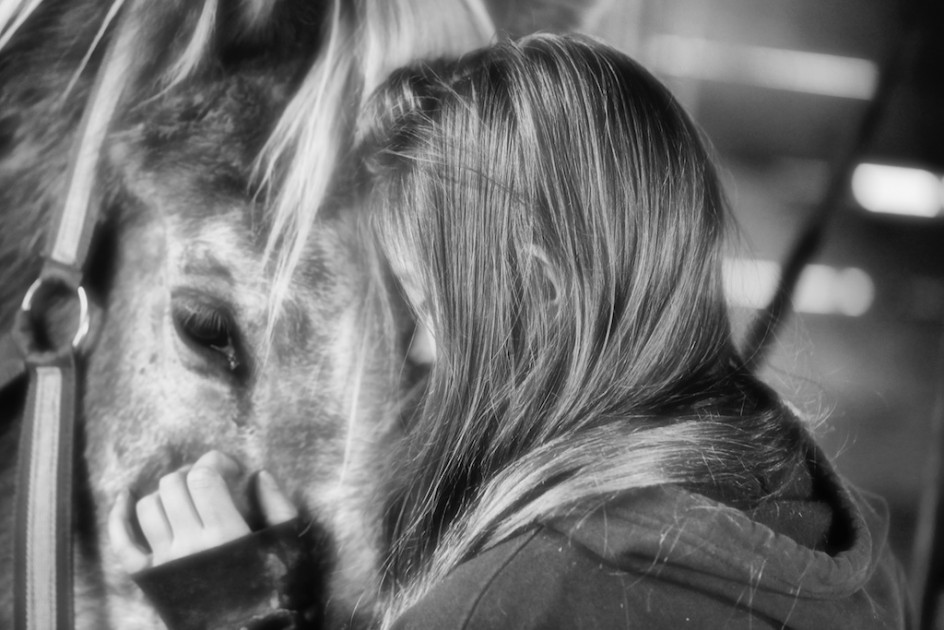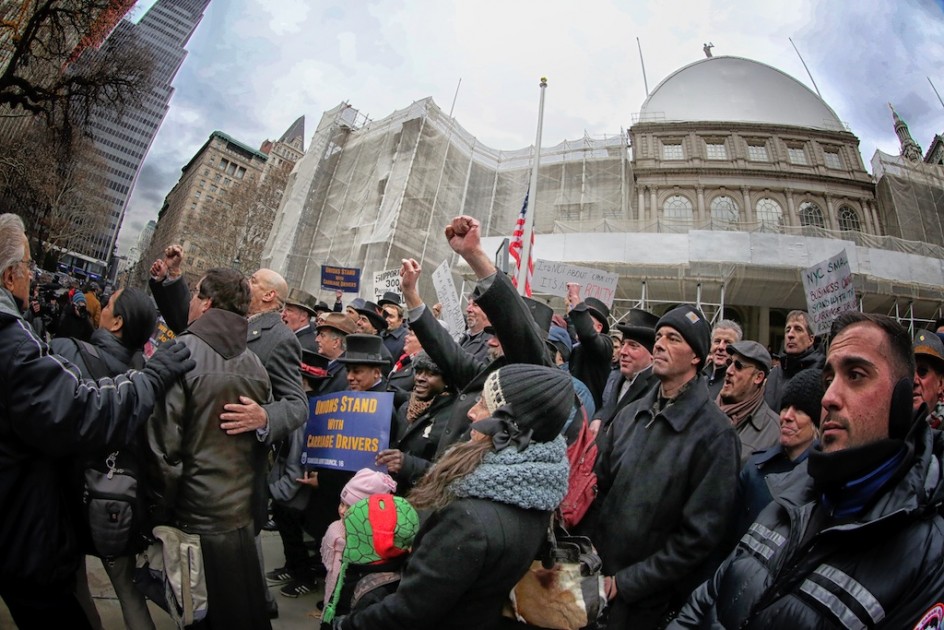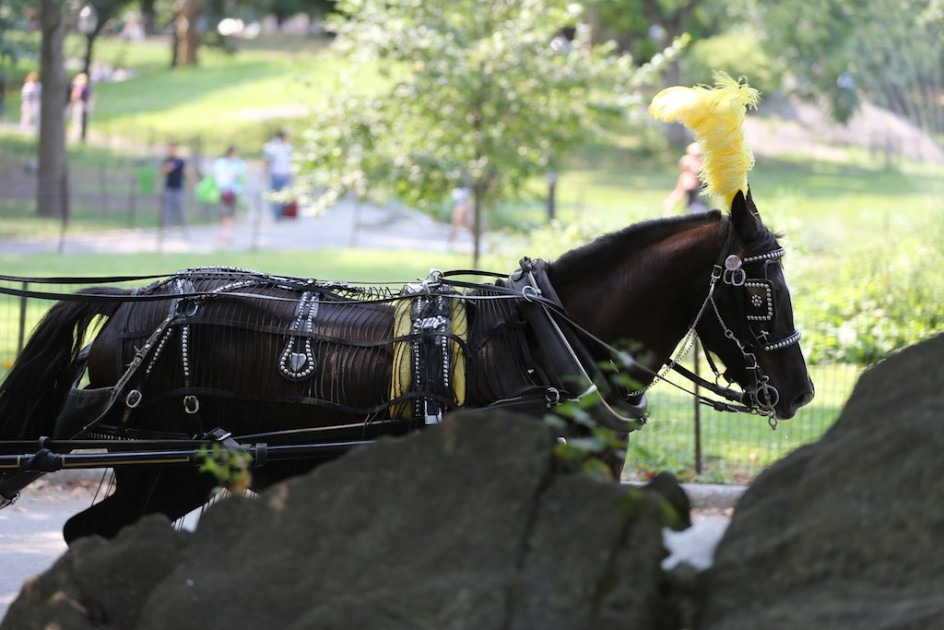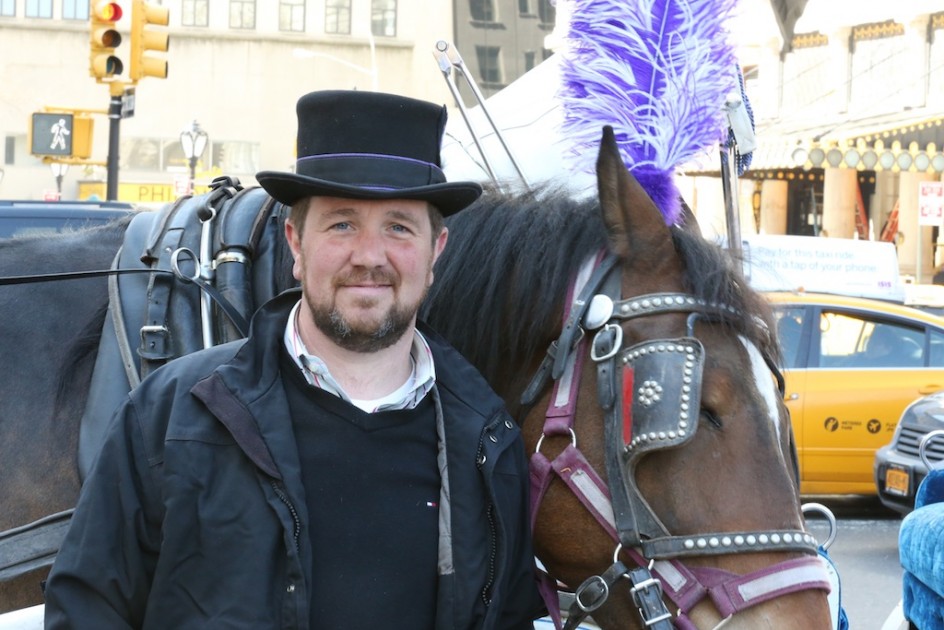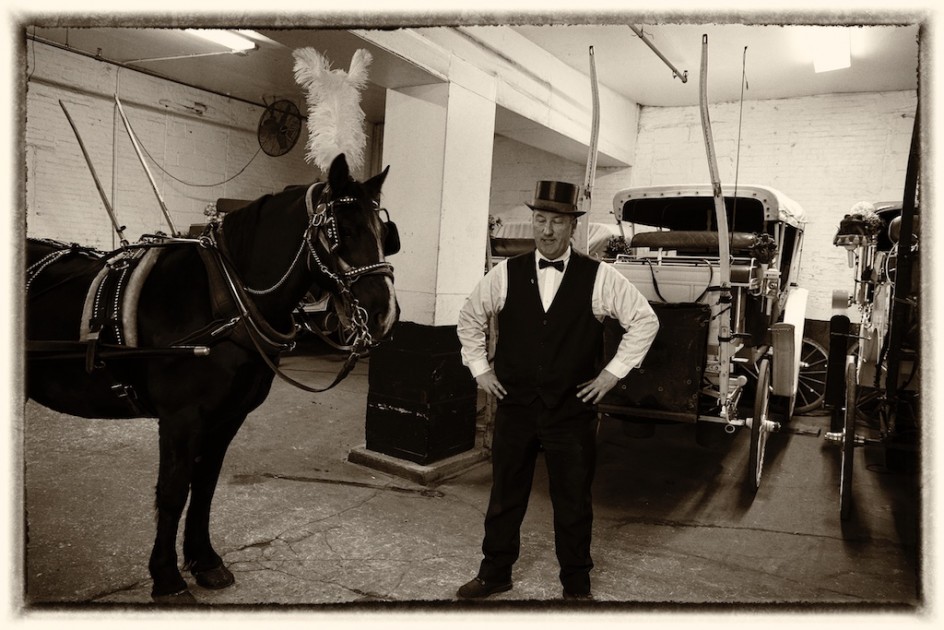
“If the people cannot trust their government to do the job for which it exists – to protect them and to promote their common welfare – all else is lost.”- Barack Obama
Thomas Paine wrote that government in its best state is a necessary evil, in its worst, an intolerable one.
In a democracy, the functioning of government depends on the trust and faith citizens place on the people elected to govern. Nothing is more disturbing in the carriage trade controversy than the erosion of trust and faith in the manner in which the mayor of New York City has operated, it will echo long and far beyond the horses and their future in the city. It is damaging and disturbing.
In a sense, that is really what is at s take in the vote the City Council will be taking this Friday: whether an independent and law-abiding and much-loved private industry will be taken apart in a manner which has been shrouded from the beginning in the grossest appearance of impropriety.
People of good faith can disagree about the carriage horses, there are legitimate issues to debate and consider on both sides. But almost no one on either side seems to believe any longer that this process has been fair, honest or open. Or that the mayor of New York is telling the truth about it.
Increasingly, the real issue appears to not be the horses – nobody believes they are being mistreated any longer – rather the loss of faith in government it is generating every day.
“They are all crooks just worried about money and real estate,” wrote Sarah on my Facebook Page yesterday, “everyone knows this is about real estate and campaign money, not the horses.” I get dozens of messages like that every day.
At a time when so many people distrust political leaders and the political process, and so many politicians and judges and public officials are working to hard to avoid even the appearance of impropriety, the mayor of New York has created the appearance of a scandal without, it seems, the slightest regard for how it looks, or the damage it is doing to civic trust.
He seems to have forgotten that he is the mayor of all the people, not just the ones with a lot of money, and that he is obliged to behave in a manner that seems ethical and fair.
I have been writing about the carriage trade controversy for two years now, and I have received thousands of messages about it and many more on the social media pages where my blog and writings appear. From the first, most of the public – many polls have confirmed this – believe that the real issue in this controversy is the power of real estate interests in New York. They believe they have bought the mayor on this issue.
For many years, the political and judicial standard of ethics require that public official and judges “shall avoid impropriety and the appearance of impropriety. (American Bar Association Proposed Rule 1.02) ” It is the duty of a public official not only to appear honest and fair-minded but to avoid the appearance of acting improperly.” Simply put, propriety is the appearance of behaving honestly and ethically.
“I value my reputation,” U.S. Rep. Richard Hanna of New York once told a reporter, “I work very hard to avoid even the appearance of impropriety.”
It appeared to many – most, really – that campaign contributions were somehow linked to the mayor’s sudden determination to ban the carriage trade.
Before his election, Steven Nislick, a real estate developer and the founder of NYClass, an animal rights group seeking to ban the horses, gave Mayor deBlasio more than $100,000 for his campaign and spent more than a million dollars to defeat Christine Quinn, the mayor’s primary opponent.
After that, the mayor, who has never owned a dog or a cat, who has never taken a carriage ride, ridden a horse, talked with a carriage driver, visited the horse stables, suddenly declared that banning the carriage trade was his “number one priority” when it came to governing the city.
It was almost inevitable that supporters of the carriage trade would conclude the donations were linked to the campaign to remove them from the city. Since the mayor refuses to meet with them or speak to them, the issue was never fully addressed and has been permitted to become the overarching narrative of this increasingly bitter and destructive issue.
Because Nislick was a real estate developer, and developers were seeking to acquire the increasingly valuable stable properties, supporters of the carriage trade assumed real estate was the motivation, both for Nislick and Mayor deBlasio. There is still no hard evidence to support that claim, but it is also easy to understand why people believe. There is no other plausible reason to explain the mayor’s fanatic assault on the carriage trade, against the advice of even his closest advisers.
From that moment on, from the minute the contribution was accepted and the mayor responded, the carriage horse issue has undermined the mayor’s credibility, enraged the supporters of the carriage trade and many animal lovers, and created the appearance of impropriety. Almost no one involved believes a word he says, from the carriage drives to the negotiators for the Teamsters.
These are issues the mayor has never acknowledged or addressed in any serious way. The mayor has never spoken with the carriage trade or their lawyers, sought to address their concerns about his motives, attempted to listen or negotiate, or tried to reassure an increasingly skeptical and angry public that money and real estate were not the reasons for the campaign against the horses.
The dictionaries generally define “impropriety” as immoral or improper behavior, the very behavior the mayor has accused the carriage trade of being so guilty of practicing that it should be banned. The “appearance of impropriety” is the appearance of immoral or proper behavior, even if it is not literally true. In civic ethics, this is taken seriously, because the damage to public faith and trust is the same, whether the immoral conduct occurred or not.
The appearance of propriety is essential to the functioning of government in a free society, because trust is the reason we obey laws and regulations and accept our obligations as citizens.
I am not in the mayor’s head, I can’t say what his motives are. It is his job to explain them openly and honestly. That has not happened. It is his job to represent the carriage drivers, not just the animal rights activists who give him money.
The public needs to trust the government, or it becomes increasingly difficult for the government to function.
I talked to a judicial and political ethicist at the Hoftstra University Law School yesterday and I asked him how the mayor ought to have responded to this.
“First,” he said, “the mayor should have understood that the taking of so much money tainted his role in this dispute, a judge would have had to recuse himself, the mayor could have and should have said, “I’m compromised, I’m not in a position to judge this issue fairly and I will bring in outside sources to reassure the public and help reach a fair and balanced decision.” There are plenty of equine experts to turn to. There is really no way an ethical jurist or political leader would take so great an amount of money and then presume to be fair and impartial. The money taints everything, it is the embodiment of the appearance of impropriety.”
The mayor had an easy way out, said the ethicist, he could have turned to one of the many veterinarians and behaviorists with expertise who are available, and agreed to abide by their decision or recommendation. He didn’t have to blindly, and as it turns out, foolishly, embrace only one side. That further undermined the appearance of fairness. It is also the behavior of an ideologue, not a political leader.
The ethicist added that the problem arises not from taking the money, which is lawful, but in pretending it has no influence on his decisions. That, said the professor, is where the impropriety appears.
It is one thing to be targeted by a city authority, it is quite another to be targeted for reasons one believes are corrupt and immoral, or to be targeted without any clear or moral justification or input.
Last summer, the mayor sought to ban the carriage trade outright. This effort failed. The mayor, already blind to this appearance of impropriety, has gone ahead again and sought to shrink and some say, cripple, the carriage trade by asking the City Council to pass legislation that would so restrict the carriage trade in different ways that most owners and drivers would go out of business or lose their jobs. If the bill passes, most of the carriage horses would be forced out of the city, the stables would have to be sold, the trade would be prohibited from operating on the crowded city streets where they have operated for hundreds of years.
They would, in effect, behind a small Central Park tourist attraction. The restrictions would take effect before there is any place for them to go, any new stables for them to work out of.
Now, the mayor is adding a provision that would give the City Council members a 30 per cent increase in pay, a raise they would vote on the same day they vote on the carriage trade restrictions. Again, to the public it seems like an outright bribe: no carriage trade bill, no raise.
In the context of propriety and its appearance, this was a stunning move to me, and many others. It looks so much like a bribe, it seems an utterly immoral and unacceptable thing to do, whatever the true motives behind it. It embodies the whole idea of appearing to act improperly.
There are many good reasons for the members of the City Council Transportation Committee to reject this latest assault on a popular and profitable private industry. The horses are safe and well cared for, they pose no danger to the health and safety of people in the city. If they council cripples the industry and takes a giant pay raise on the same day, they will be doing the same thing the mayor has been doing: undermining the very idea of a government that exists to protect us, not harm us.
It is a frightening idea to think any private group or citizen can be targeted in this way by anyone with a lot of money.
Beyond saving the horses and saving job, the council can sent a very powerful message to increasingly disillusioned people that government might be messy and cumbersome, it might be a necessary evil, but it can work, it can function fairly and openly. We’ll see on Friday. I believe in government, I think the City Council will do the right thing, the outcry is becoming deafening, louder by the day.
Sadly, the messages I am receiving have gotten angrier, more cynical by the day. The real issues here – the future of animals, the welfare of the horses, the purpose and reach of government, the integrity of the regulating process – have already been lost. The mayor is creating a whole new subset of angry and bitter people who believe nothing he says, and credit him with no integrity of sincerity of any kind.
This does not just damage him, it does not just endanger the horses and put many people out of work, it damages everyone. If they can do it to one of us, they can do it to all of us.

